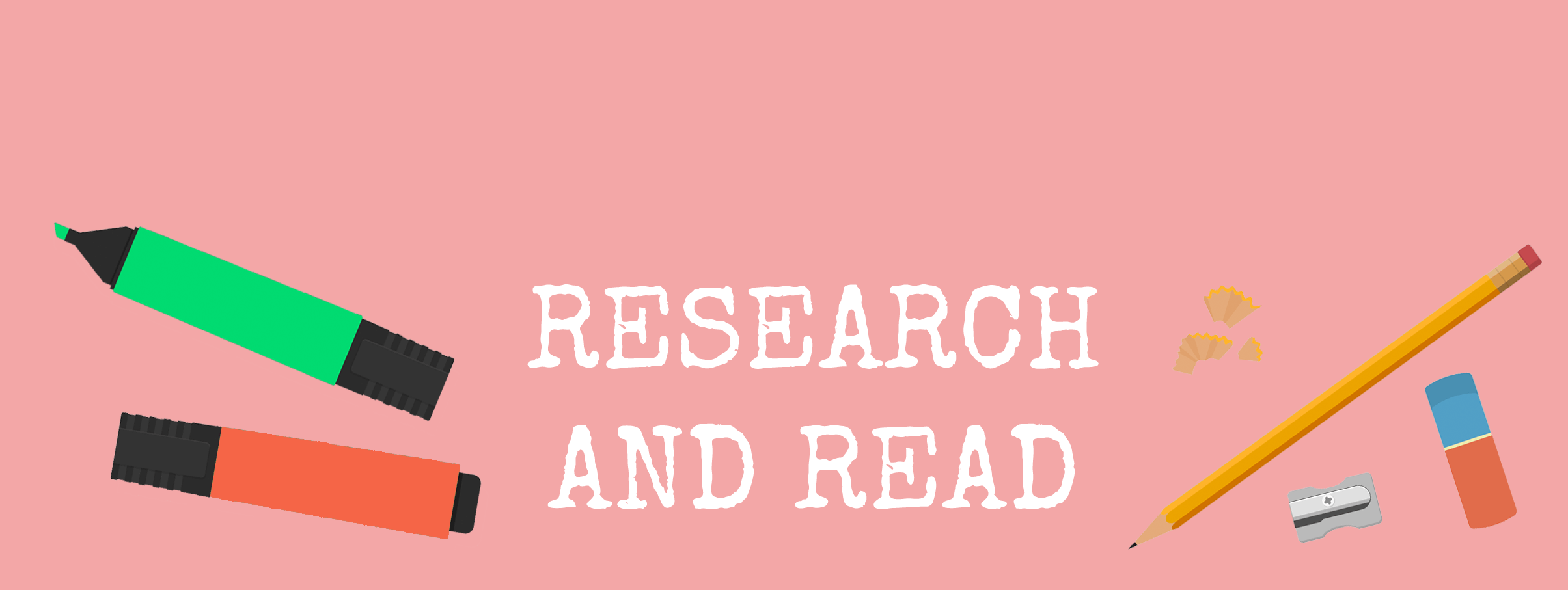

In your second year at university, you will find that you are expected to manage more reading. This might involve reading more material (for lectures, seminars and assignments), using a wider range of material (journal articles as well as textbooks), and also finding your own reading rather than relying solely on module reading lists.
In this section you will find details about journal articles, and support for using different sources to find great quality information for your work. You will also find some useful tips for managing the amount of reading you have throughout the year.
If you haven't used journal articles before, we've put together a short video to outline what they are, why you might need them, and how to find them.
Video - what is a journal article?
Get your second year off to a great start by making sure you can search for appropriate and relevant information for your modules. You will need to read around your subjects, and use this as evidence for your own ideas and opinions. Reading lists provide a good starting point, but you can also find other sources. You will find that searching for good quality information is much easier if you know the best resources to search within, and use appropriate search techniques.
Use Library Search to find out what has been written on your subject. It’s a great starting point for finding information on a topic, and you can discover books and journal articles both in print and online.
Video - finding information with Library Search
Video - finding and connecting to journal articles using Library Search
Google Scholar and the Library databases are also great tools for finding journal articles. Visit our ‘Searching for information’ pages for more information about these and how to use them. Try using these tools regularly whenever you have to find extra reading, for example for seminars, assignments or exam revision.
To find a list of the most relevant databases for you, select your subject from the dropdown list below:
Take a more proactive approach to your reading by making a plan. To get the most out of your reading time, you will need to think about what your aims are.
Ask yourself:
Preparation:
Video - Students talk about their reading strategies
Reading an academic article is different from reading, for example, a fiction book. They follow different styles and conventions. If you understand how an academic article is written, it is easier to quickly find any information you are looking for.
This will give you some background information as to the issues that are covered in the article.
Here you will discover the author's conclusions.
These will indicate any relevant material you may be looking for, such as, theories, models, topics, demographics, perceptions etc.
The first sentence will indicate what will be discussed in the paragraph, whereas the last sentence will indicate the author’s conclusion from the discussion.